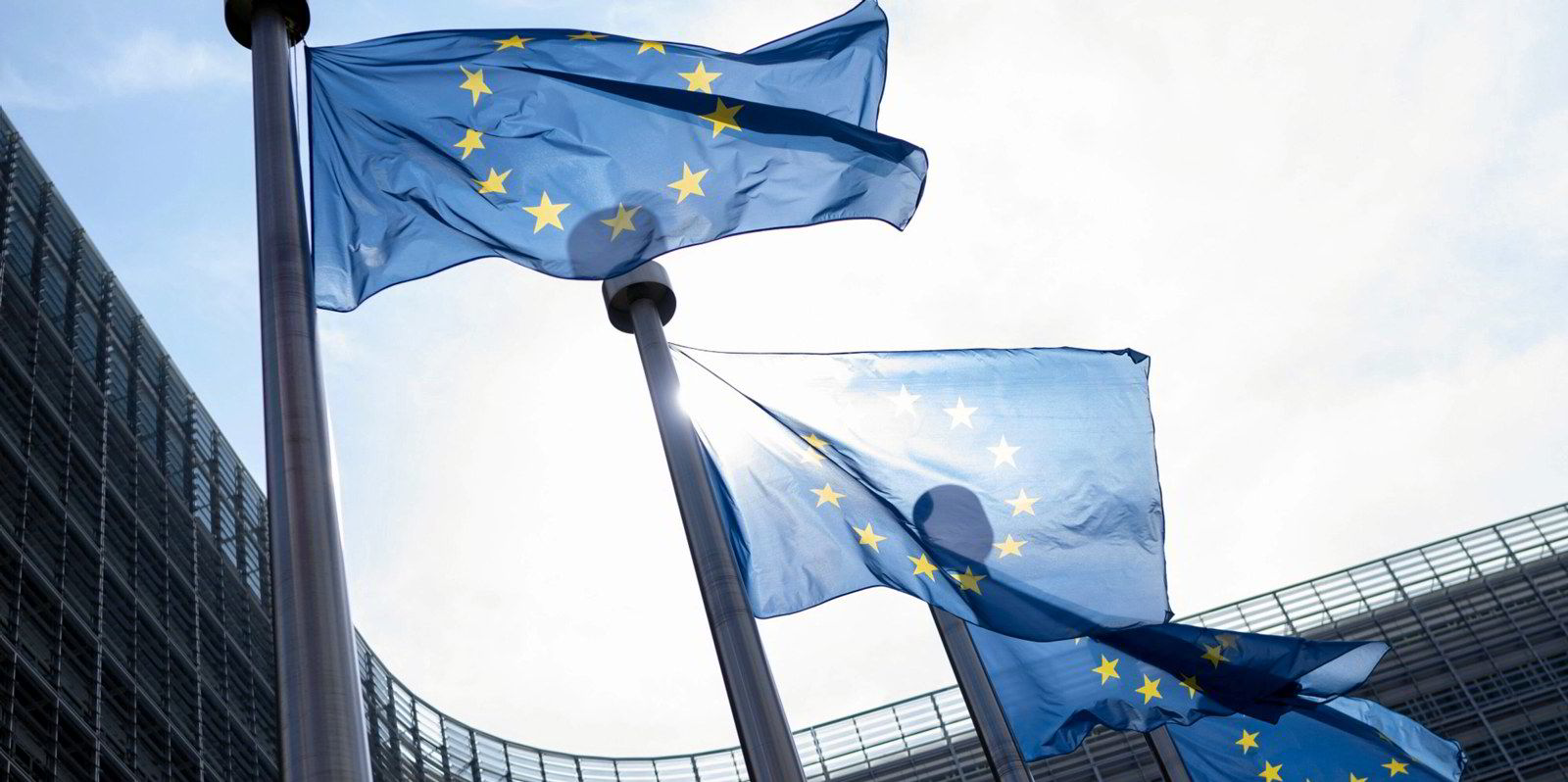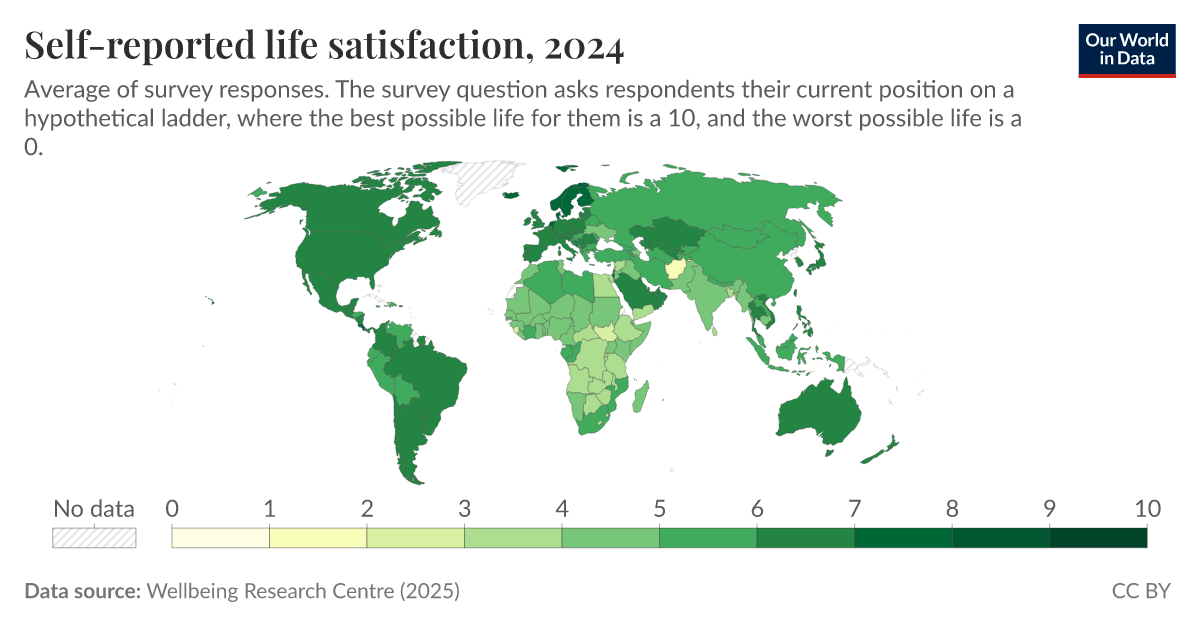[The USA ≠ America]
Europeans have always emigrated to America. But what if the flow reversed? The number of Americans saying they want to leave the US jumped from 10 per cent in 2011 to a record 21 per cent by last year, report the pollsters Gallup — and that was before Donald Trump unleashed his dual assault on American wealth and freedom.
I now feel that even somehow setting aside the mammoth issues of Trump and freedom, most Europeans live better than most Americans.
There’s one big exception: the mega-rich. If you’re among the wealthy Americans awaiting another tax cut from Congress, then congratulations: the Trump administration is at least trying to run the country for your benefit. You’re unlikely to get that from European governments. Similarly, most Americans in tech or finance will find undynamic Europe frustrating.
That leaves about 99 per cent of the population for whom emigrating to Europe would be a life win. The biggest potential beneficiaries are adults under the age of 35: unable to afford a home or even childcare in America’s biggest cities, but young enough to acquire a new language and circle of friends.
The logistics of emigrating have never been easier. Remote work also makes possible the ultimate life arbitrage: earning a US salary while living in the Mediterranean. Technology has assuaged homesickness: you can cross the ocean but stay in all your WhatsApp groups. For those unable to learn languages, English now works in most of Europe. And Fortress Europe, so unwelcoming to people from poor countries, keeps one gate permanently open for Americans. Countries from Portugal to the Netherlands grant residency to Americans who couldn’t get a car loan back home.
Once here your salary may shrink, but your costs definitely will. The Eurozone’s income per capita is about three-quarters that of the US, after correcting for purchasing power, says the World Bank. Americans in Europe might need to cut down on consumer goods. On the upside, they will be able to afford housing, education and healthcare. The average premium for family health insurance in the US is $25,572, reports the Kaiser Family Foundation. That’s more than the average post-tax wage in much of Europe. Fun here is cheaper too. A multinational organisation I know brought its national chapters together for a dinner in Madrid. When the bill came, the Americans were so startled by its tininess that they photographed it, saying they would hang it framed in the Washington office.

For ambitious Americans, moving to Europe brings an immediate psychic cost: they fall off their country’s mattering map. No career achievement here will win the respect of those back home who think Europe is a holiday resort. Outweighing that, though, are the psychic gains. Living in America is a bit like running your own mini-insurance company, constantly budgeting for future illnesses, college tuition, et cetera. In Europe, the nanny state handles all that, and it’s relaxing. You’ll have more free time, given that Europeans work about an hour a day less than Americans. Instead of forever comparing yourself with people who are richer than you, in Europe you might be the richest person in your new circle.

And for all Europe’s political polarisation, daily psychic conflict here doesn’t compare to Trump’s US. A European friend of mine who lives in the American south sometimes doesn’t leave his house for days on end so as to avoid running into Trump supporters. Americans always assume he moved there for a better life. No, he tells them: he came for an interesting job and a worse quality of life.
Lastly, moving to Europe is a health hack. American life — car-bound, overworked and fuelled by processed food — is a daily assault on the body. The US’s obesity rate of 42.9 per cent is nearly four times France’s.
All told, as I’ve argued before, Europe outdoes the US on the three key metrics of a good 21st‑century life: four years more longevity, higher self-reported happiness and less than half the carbon emissions per person, all of it achieved on a much lower debt-to-GDP ratio.
“Sadly, the American dream is dead,” announced Trump after descending the golden escalator in Trump Tower in 2015 to launch his presidential run. Try the European Dream instead.






